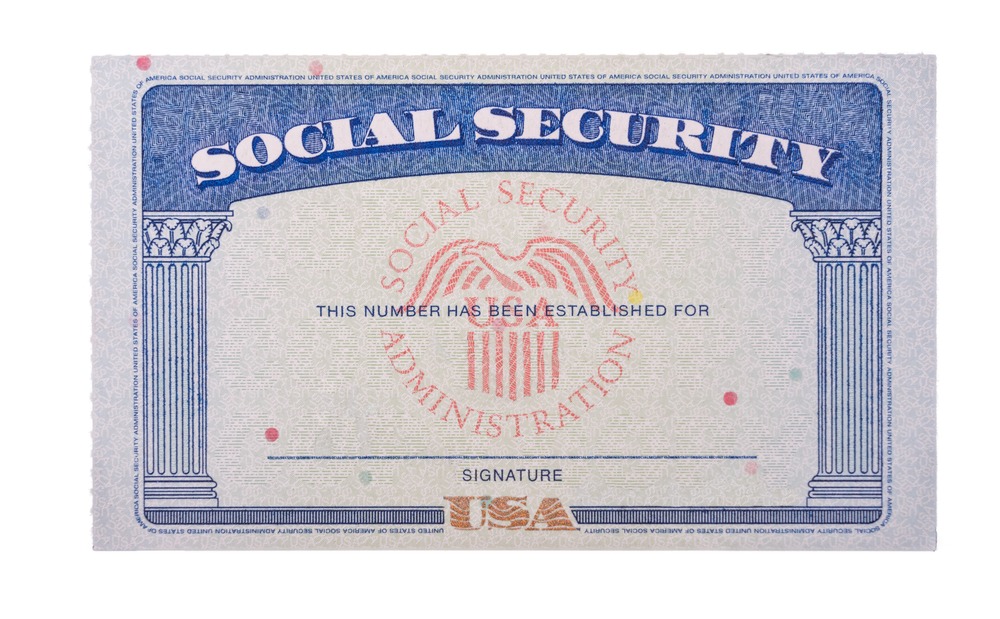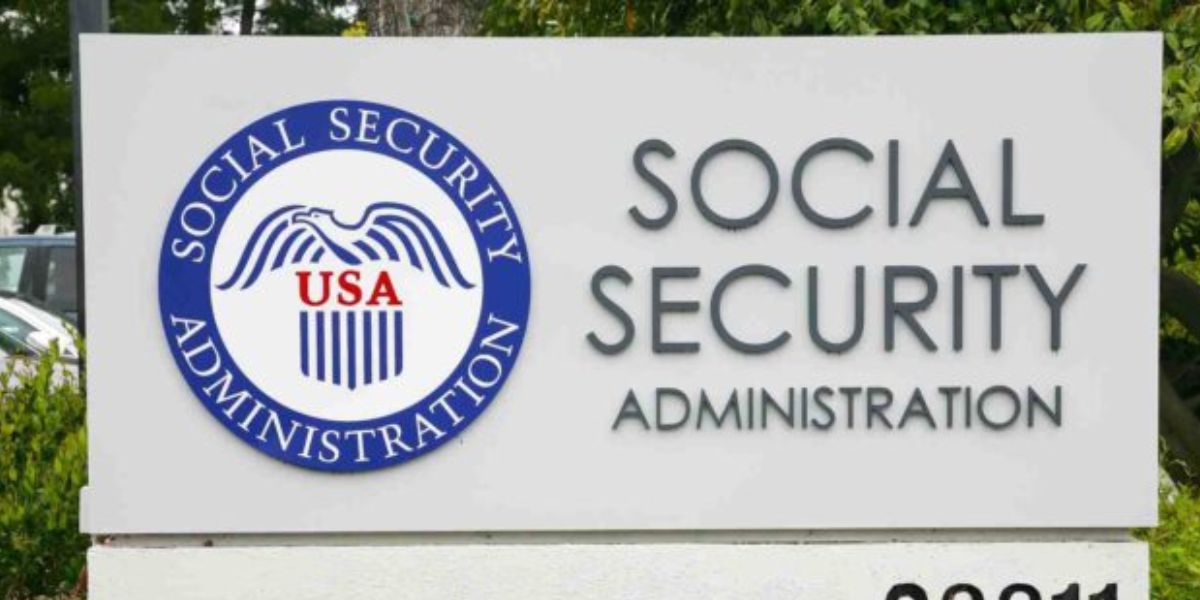Moving overseas comes with its fair share of financial complexities, especially when it comes to Social Security benefits. For U.S. citizens now living in Australia, a common question arises: “Am I still entitled to U.S. Social Security retirement benefits after working in the U.S. and moving abroad?” A Reddit user recently shared their confusion about this, and the answers highlight a path worth exploring.
The original poster, a U.S. military veteran who moved to Australia at 27, wondered if their contributions to Social Security (SS) prior to relocating would count towards retirement. Like many expats, they’re unsure how to claim SS benefits or if they forfeited their eligibility by moving and starting late with Australia’s superannuation system.
Here’s what you need to know if you’re in a similar situation.
1. Your U.S. Social Security Contributions Still Matter
The good news is yes, the contributions you made to Social Security while working in the U.S. are still accounted for, even if you live overseas. As one commenter noted, the Social Security Administration (SSA) keeps a record of your lifetime earnings and tax contributions.
You can log onto the SSA website and create an account to check your contributions and estimated benefits. Tools like the Payments Abroad Screening Tool can help identify how your situation aligns with current rules for receiving benefits while abroad.
2. Age and Eligibility Requirements for Expats
Posts from the ameristralia
community on Reddit
Social Security benefits for retirement are typically available from age 62 onwards, assuming you’ve earned enough “credits” (usually 10 years of work or 40 credits). However, claiming early reduces your monthly payments. For those still working internationally—like in Australia—there are limitations if you earn too much, as one Reddit commenter explained.
If you’re over 62, contacting the SSA directly or a regional office, such as the Manila PI office, can be a productive step. They can walk you through eligibility, paperwork, and timelines for claiming benefits while living abroad. Keep in mind it might take some time—anywhere between six to eight months, as one user shared.
3. How Australia’s Superannuation System Affects You
Australia’s retirement system—superannuation—is quite different from the U.S. Social Security. The challenge, as the original poster pointed out, lies in starting late. Unlike Social Security, where eligibility is based on earnings history, superannuation is a mandatory savings fund contributed to by your employer (or yourself).
Fortunately, receiving Social Security payments doesn’t directly impact your superannuation funds. However, understanding the interaction between U.S. and Australian tax systems is key. Both the IRS and ATO (Australian Tax Office) communicate, so it’s important to be transparent about your retirement income to avoid double taxation.
4. Contacting the Right Authorities: Be Proactive
Several users on the Reddit thread stressed the importance of taking proactive steps to sort out your Social Security benefits:
- Email SSA offices like the Manila PI office: It’s quicker than waiting for U.S.-based offices to respond.
- Check your SSA.gov account regularly: It’ll help you confirm your contributions and eligibility for benefits.
- Consult with tax or retirement specialists familiar with expat situations. They can guide you through the nuances of dual tax obligations.
Final Thoughts: Don’t Leave Money on the Table
If you’ve worked in the U.S. long enough to earn Social Security credits, you’re still entitled to those benefits—even as an expat in Australia. The process may seem complicated at first, but tools like SSA.gov, direct outreach to SSA offices, and professional advice can simplify your journey.
Whether you’re nearing retirement age or just planning ahead, remember: the money you contributed while working in the U.S. belongs to you. Don’t leave it unclaimed!




